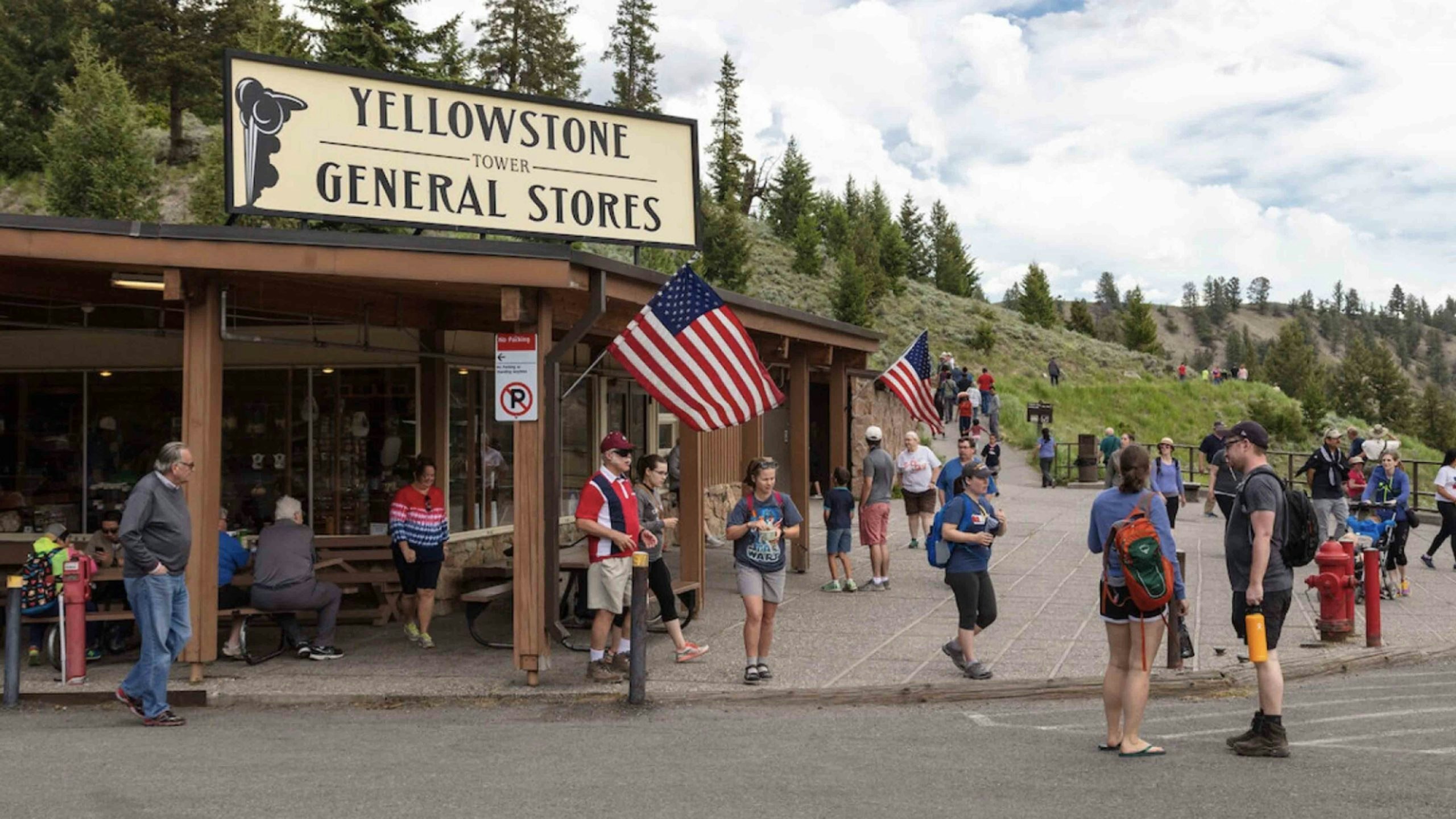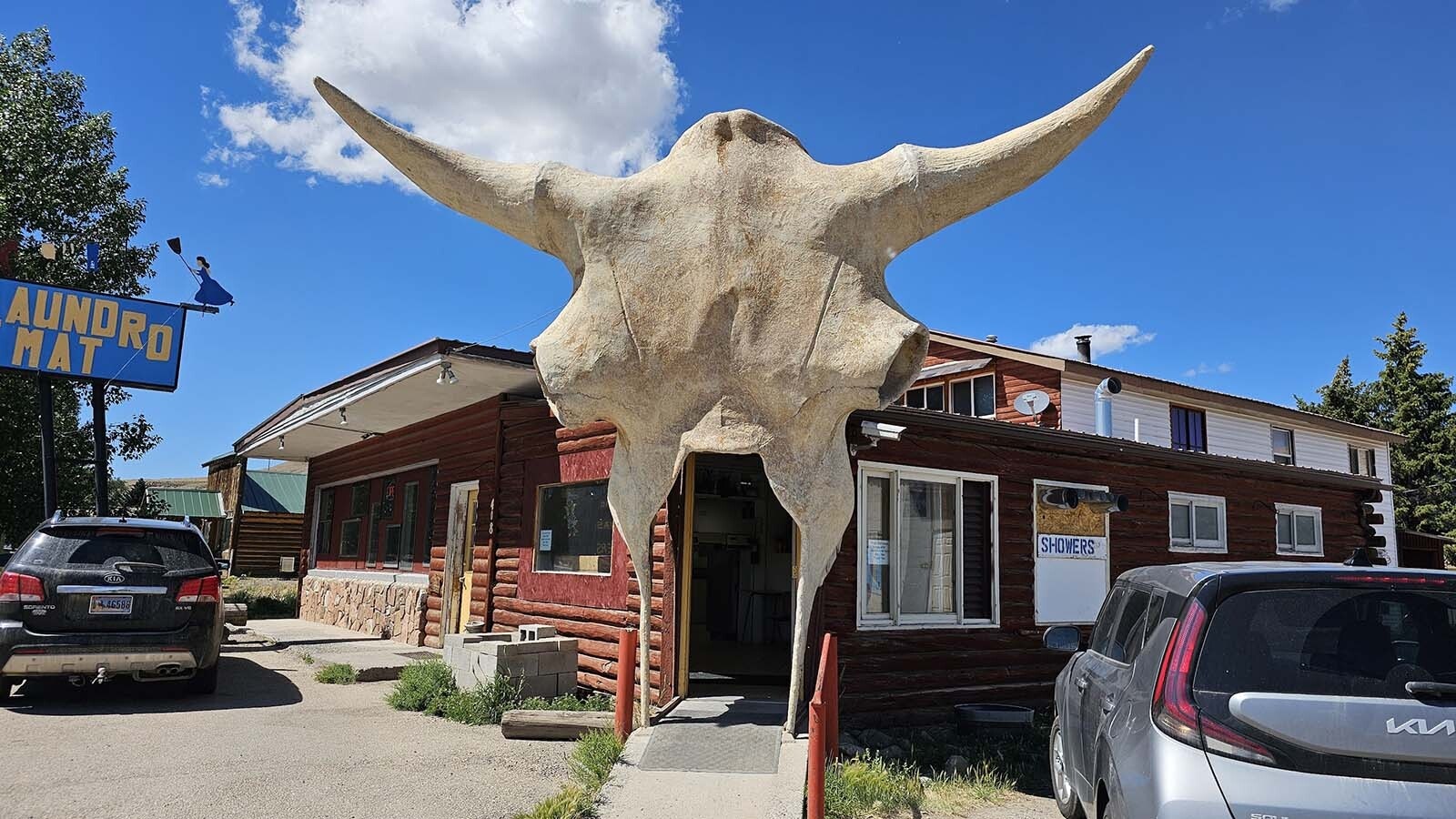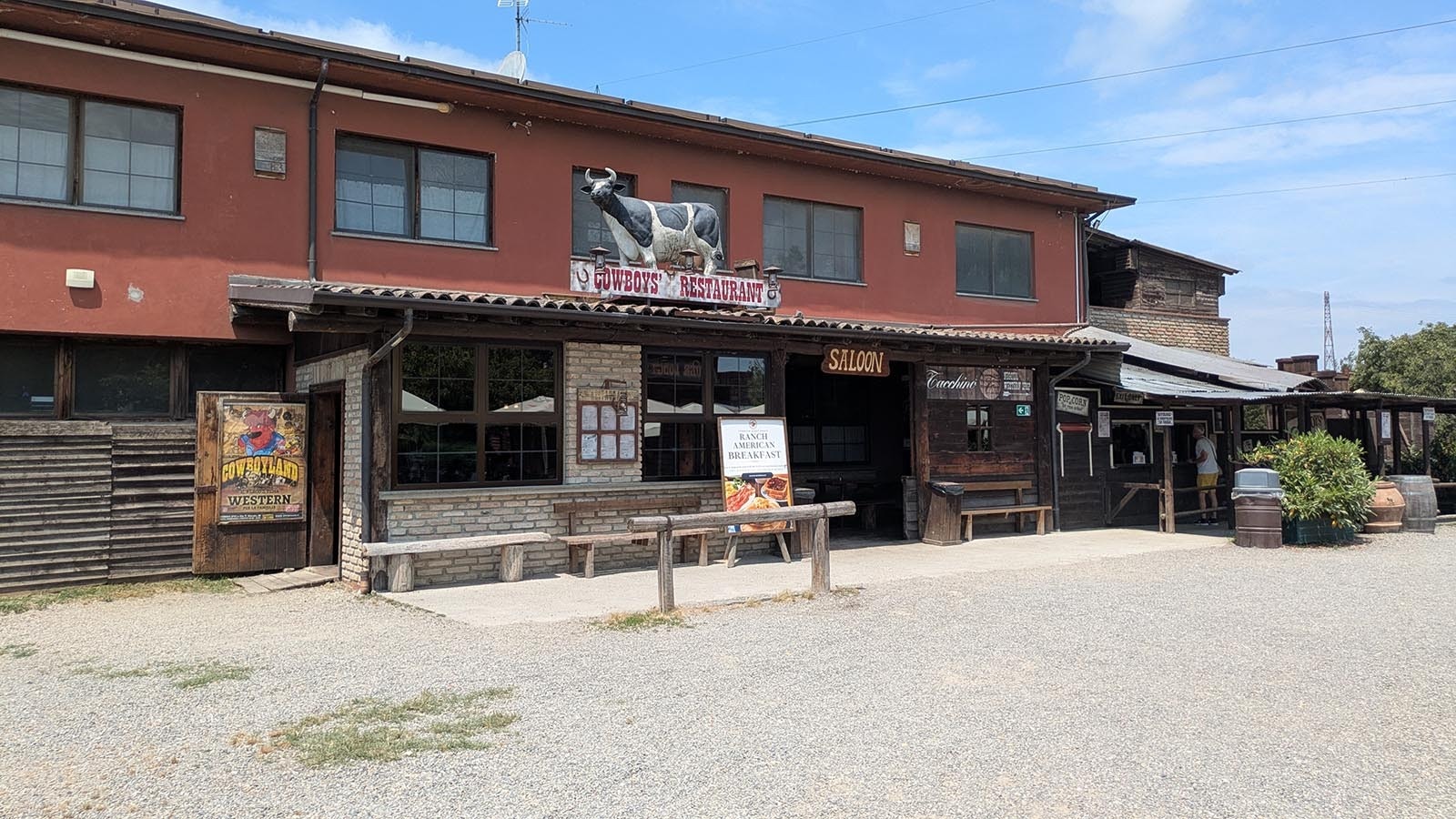After two difficult years for the hospitality industry, the summer of 2022 is expected to be somewhat “normal” for Wyoming’s tourism industry.
But the industry continues to be hampered by a lack of workers, making foreign workers more important to the industry than ever.
Fortunately, more doors are opening for employers who hire staff from foreign countries.
“With the visa process opening back up, allowing more workers to be able to work, we’re able to see less job openings, because they’re being filled,” said Morryah McCurdy, Vice President of Business Development for Advance Casper, the city’s economic development arm. “We definitely utilize them in whatever capacity they’re able to legally.”
There are primarily two types of work visas used by foreign workers and their potential employers in Wyoming’s tourism industry – the “J1” visas, which are applied for, and paid for, by students and workers looking for an experience abroad; and the “H2B” visas, which employers pay for and arrange for from their end.
“In 2020, we didn’t have visa workers because of the pandemic,” said Tina Hoebelheinrich, the executive director for the Cody Country Chamber of Commerce. “So that was just not a possibility. And the challenge last year, in 2021, was that many of our U.S. embassies were still on restricted hours or not open to the public. And one of the requirements of the visa work program is that they have an in-country interview at an American consulate.”
This year, Hoebelheinrich told Cowboy State Daily, the hurdles are fewer – but the federal government is fielding an an unprecedented number of applications for foreign worker visas.
“The good news is, that earlier than ever before, the Biden administration has released an additional quota of H2B and J1 visas,” she said. “But you know, the truth of the matter is, it’s still not going to be enough.”
In communities such as Cody, which is located near the east entrance to Yellowstone National Park, foreign workers are essential to businesses, particularly in the hospitality industry.
“(Without foreign workers) we’d have to shut down a bunch of rooms,” said Bill Garlow, owner of the two Best Western hotels in Cody. “Our gross would nosedive, it would really go down. We have maybe 8 or 10 that are local, that live in Cody and they work all during the winter when the H2Bs aren’t here, and so we can keep some of the hotel open. But (without them) we would probably close for the entire summer. We could not operate without them.”
Garlow has owned and operated hotels in Cody for decades – his great-grandfather was the town’s founder, Buffalo Bill Cody. Garlow told Cowboy State Daily that he has relied for many years on workers from Jamaica utilizing the H2B visa process, and when COVID began to impact overseas travel, it forced a shift in the hotel’s workforce.
“When we’re short like that, like in 2020, we had a lot of overtime,” Garlow said. “This year, we have an application for 40 workers, and I think we’ve got about 11. But we’re pretty sure that another application is going to get approved, which would bring another 17.”
Garlow explained that most of the workers from Jamaica who come to Cody are returning employees.
“About 90% have been here before,” he said. “They’re great people and they work hard, and we really appreciate them.”
Garlow’s two hotels offer a total of 190 rooms – for smaller operators, like Brenda O’Shea and her husband, Mark, who own A Western Rose Motel, they just need two or three extra hands to keep their 24-room motel running. But even that has been a challenge.
“In the past, we’ve generally worked with Chinese because they can stay later, they can stay until the end of September,” Brenda told Cowboy State Daily. “So once China was off the board, we opened it up, but there are only certain countries you can choose from.”
O’Shea said she had been hoping to hire four girls from Kazakhstan this summer, but she just found out that two of them had been denied their visas, and she is still waiting to hear about the other girls.
“Two of them have their visa appointments on the 12th of May, and they are due to be here June 1,” O’Shea said, expressing her frustration at the situation.
She said she does have a few locals to help, but without the additional hands, O’Shea and her husband will be working many extra hours themselves this summer.
“My husband is ready to drive to the border and pick people up,” she said. “I even contacted Senator Barrasso’s office and said, ‘Listen, I’ll take Ukrainians, I provide jobs and housing, it’s a beautiful city, it’s very safe.’ And their office said, ‘We are not accepting refugees at this point.’”





